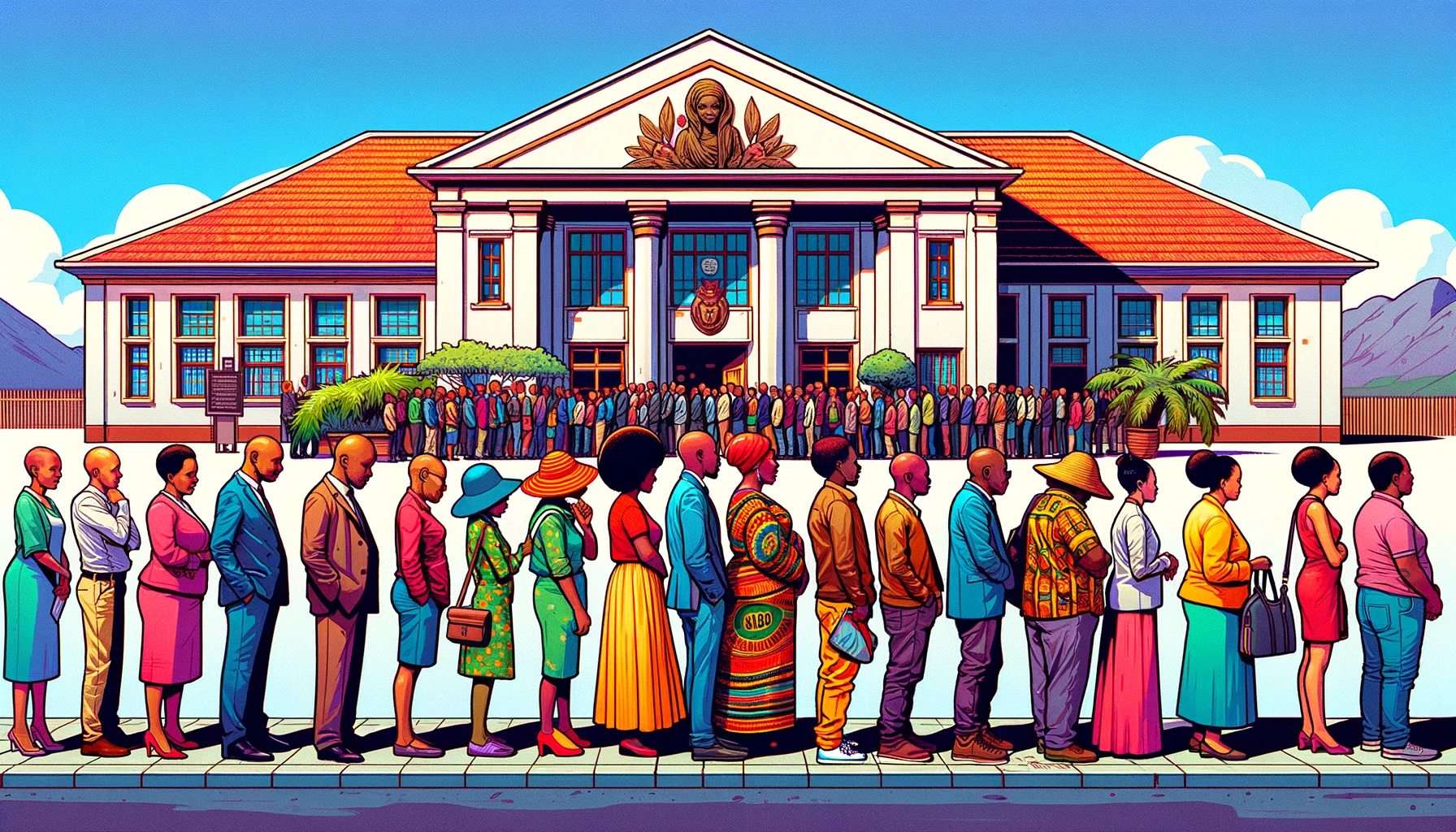Divorce matters, when opposed, take a very long time to run their course through the justice system. Litigants invariably become eager to fast-track the process by any means necessary. Unfortunately, in the context of divorce matters, no matter how good your legal team, very little can be done to speed up the opposed divorce process (although it is very easy for the process to be slowed down by lacklustre legal teams!).
In the recent ruling of M.V v E.V (nee VS) (20263/23) [2023] ZAWCHC 330, the Western Cape High Court dealt with a poignant matter regarding the separation of a divorce decree from related issues like spousal maintenance, child support, and asset redistribution.
The case revolved around an urgent application by the plaintiff (applicant) for a separate decree of divorce, independent of other pending matrimonial issues. The applicant, facing serious health challenges, sought to expedite the divorce process, arguing that ongoing proceedings exacerbated his condition. The respondent, however, opposed this on grounds of abuse of process and lack of urgency, amongst others.
In other words, the Plaintiff wanted the divorce decree to be granted urgently, and the remainder of the issues related to the divorce to be dealt with at a later stage. The Court was not persuaded.
Key Features of the Case
Marriage and Divorce Proceedings:
The parties were married in 1995 under an antenuptial contract excluding the accrual system. The divorce action was initiated by the applicant in July 2020, with the respondent vacating the common home later that year.
Health and Financial Challenges:
The applicant’s diagnosis of stage 4 metastatic liver cancer and his deteriorating health were central to the application. Financially, he claimed limited assets, with much of his wealth tied in trusts and businesses.
Opposition and Counterclaims:
The respondent’s opposition included concerns about the applicant’s financial transparency and allegations of asset hiding, impacting maintenance and asset redistribution claims.
Court’s Reasoning and Decision
The court meticulously evaluated the merits of separating the divorce decree from other issues. The judge cited Rule 33(4) of the Uniform Rules of Court, emphasizing the need for judicial discretion in such separations to avoid confusion and ensure fairness to all parties involved (paragraphs [10]-[14]).
The court was unconvinced by the applicant’s arguments, particularly the alleged urgency due to his health condition. It was noted that separating the decree of divorce would not alleviate the stress caused by unresolved issues, such as spousal maintenance and asset division (paragraph [16]).
Further, one must bear in mind that the duration of the marriage becomes relevant to adjudicating several relevant issues in divorce proceedings, including but not limited to aspects surrounding spousal maintenance. Thus, curtailing the marriage prematurely without dealing with these issues could cause immense prejudice to the other party.
A memorable quote from the judgment is, “The urgent court should never be a triage to massage swollen egos. It should remain the exclusive thoroughfare to process those who have a case to jump the queue into the healing waters of the fountains of justice” (paragraph [22]).
Essentially, the Court told the applicant to wait their turn, as they had not made out a sufficient case to warrant the separation.
The Order
Consequently, the court dismissed the application with costs on an attorney and client scale (paragraph [23]), signifying the court’s disapproval of the approach taken by the applicant.
Frequently Asked Questions (FAQs)
What does it mean to separate a divorce decree from other matrimonial issues?
It involves legally granting a divorce independently of, and before resolving associated matters like child maintenance, spousal maintenance, and asset division.
Why was the separation not granted in M.V v E.V?
The court found no substantial justification for the separation, as it wouldn’t alleviate the overall stress from unresolved matrimonial issues. The separation as sought was not “convenient” to all parties (including the Court) – this is the test for a separation of issues in terms of Rule 33(4) of the High Court Rules.
How does health impact divorce proceedings?
While health can be a consideration, it is not the only consideration.
Can financial transparency affect divorce proceedings?
Yes, as evident in this case, concerns about financial transparency and asset disclosure can significantly impact decisions regarding maintenance and asset distribution.
What is the significance of this ruling for future divorce cases?
This ruling underscores the importance of a holistic approach to divorce proceedings, considering the interconnection of various matrimonial issues, and the need for clear and substantial grounds for any separation of issues.
Conclusion
The M.V v E.V ruling serves as a stark reminder of the complexities inherent in divorce proceedings. It highlights that while individual circumstances, like health, are important, the court must balance these against the overall fairness and practicality of the legal process. This case reinforces the principle that judicial discretion in separating issues must be exercised judiciously, prioritizing the equitable resolution of all matrimonial matters. Simply put, you cannot skip the queue – and what a queue it is!
For more information, please do not hesitate to CONTACT US












